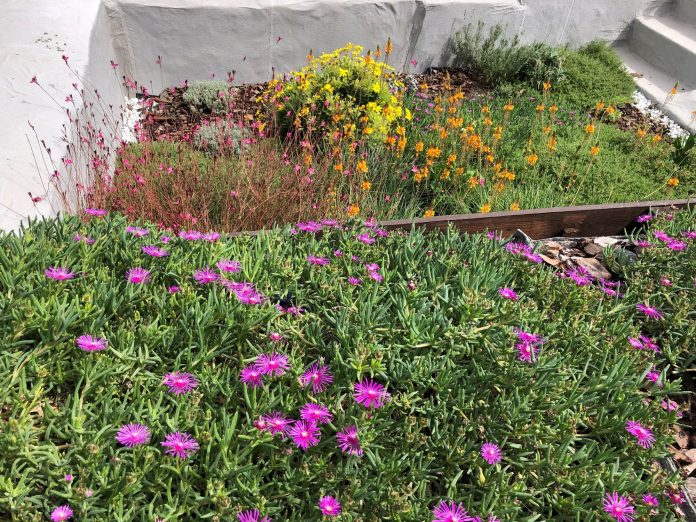A recent study has named Malta in the top five countries at risk of ecosystem collapse as a result of a decline in biodiversity services.
Countries globally depend on biodiversity and ecosystem services for food production,
water security and regulation of local air quality, which are vital to help maintain the
health and stability of their communities and economies.
The Biodiversity and Ecosystem Services Index developed by Swiss Re Institute – one of
the world’s leading reinsurers that anticipates and manages risk from natural catastrophes to climate change, aging populations to cyber-crime – analyses the exposure each country has to biodiversity and ecosystems services decline.
The latest findings from the pioneering Swiss Re BES Index name Malta as having one of
the most fragile ecosystems in the world, alongside Israel, Cyprus, Bahrain and
Kazakhstan.
It revealed that 55 per cent of global GDP is dependent on biodiversity and ecosystem
services (BES) – yet a fifth of the world’s countries have ecosystems at risk of collapse
on more than a third of their total land. Malta was highlighted as having the most
expansive ecosystem fragility across 100 per cent of the islands, although it also ranked
in the top ten countries with the lowest GDP dependency on BES, making it less
susceptible to economic shocks from declining ecosystems. No-one however can escape
the need for fertile agricultural land for food security and pollinators.
“The BES Index provides a holistic, comparative view of the state of BES globally by
looking at ten different BES categories addressing water security, timber provision, food
provision, habitat intactness, pollination, soil fertility, water quality, regulation of air
quality and local climate, erosion control and coastal protection,” explains Vanya Veras,
a Malta-based expert in environmental affairs, waste management, and green
infrastructure and founder of Vivacity Ltd, a company that establishes biodiverse
ecosystems on roofs and walls.
“Biodiversity is the balance of all life on earth; the symbiotic relationship between each
habitat and species. Industrialisation and the consumer economies have destroyed
more than 60 per cent of the world’s biodiversity in the last 50 years, with less than 25
per cent today a wild, biodiverse ecosystem. Couple that with the fact we still destroy
over 10 billion trees every year, and this enormous imbalance becomes the greatest risk
we face.”
By spotlighting these concerning findings as well as the economic sectors in each
country that are most reliant on nature, the Swiss Re BES Index is also designed to inform decision-making for governmental efforts to help restore and preserve their country’s dwindling ecosystems. Likewise, the global community is still able to help minimise further negative impact, by boosting local biodiversity and making sustainable choices.
“By becoming sustainable consumers, increasing our self-sufficiency, reducing our energy demands and by bringing biodiversity into cities and back into food production, we can fix the serious environmental problems that collectively, we have all created,”
concludes Ms Veras. “It is vital to rewild urban areas to turn them into urban forests,
creating local biodiverse ecosystems using Mediterranean indigenous and endemic
plants on every available built surface, as is our mission at Vivacity. Green roofs, green
walls and urban gardens, when planted in accordance with the local flora and fauna,
have the capacity to bring back the biodiversity upon which we all depend.”
More information regarding green roofs and walls in Malta may be found online at
www.viva-city.com.










